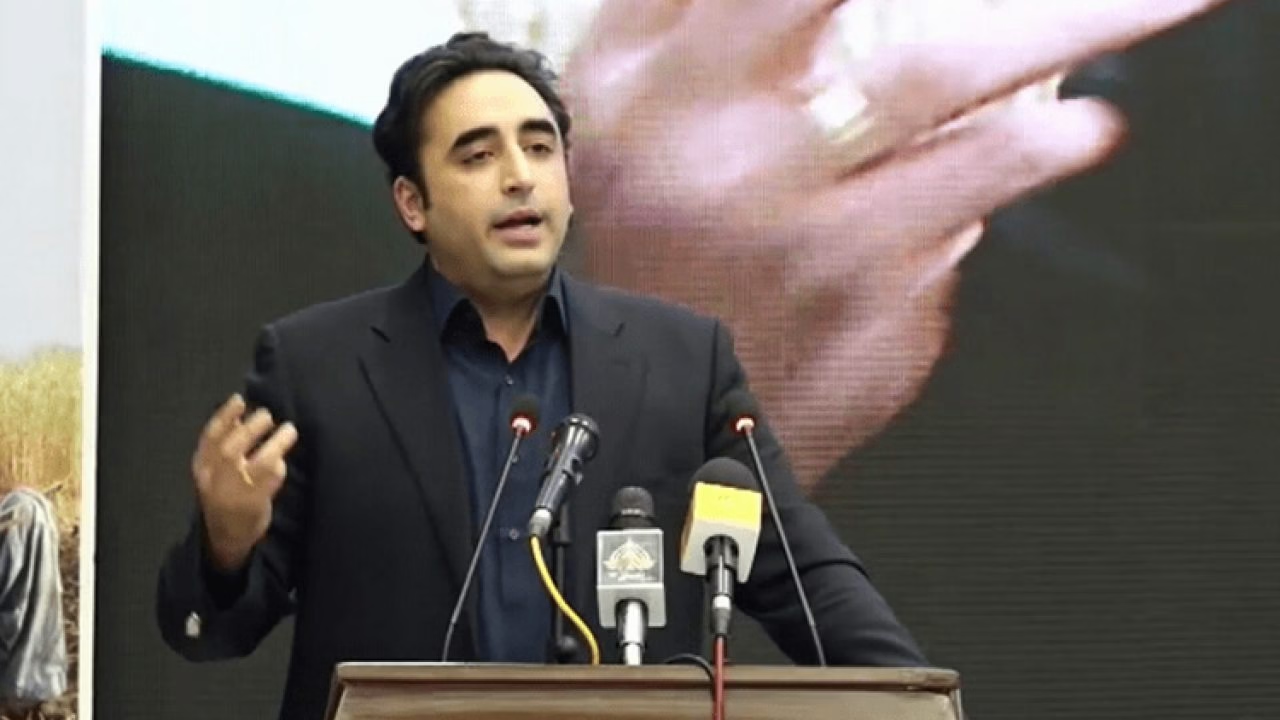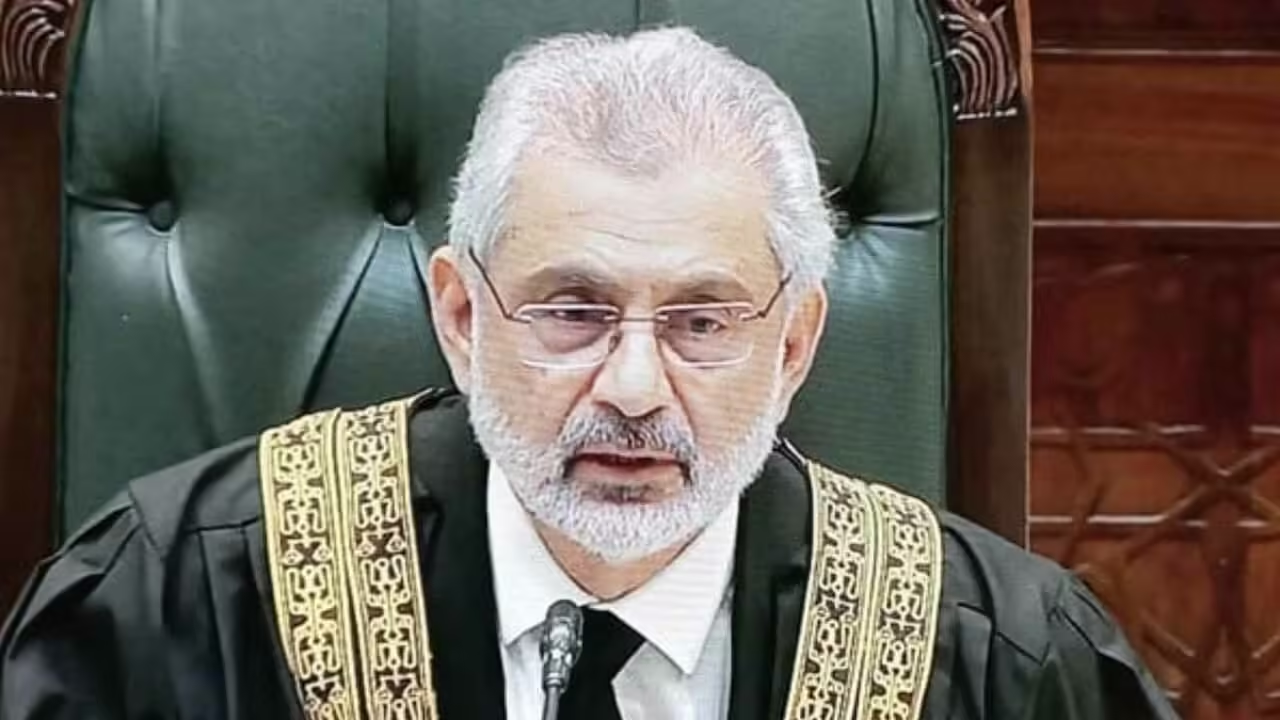In a critical hearing on intra-court appeals regarding the trial of civilians in military courts, Justice Jamal Mandokhel raised a fundamental constitutional question: Are the armed forces subordinate to the executive, and if so, can they exercise judicial authority?
Supreme Court Reviews Military Trials of Civilians
The Supreme Court bench, led by Justice Aminuddin Khan, conducted a hearing on intra-court appeals concerning civilian trials in military courts. Prominent lawyer Uzair Bhandari presented key arguments, challenging the legitimacy of such trials under the Army Act and the Constitution.
Legal Debate on Military Court Jurisdiction
During the proceedings, Bhandari asserted that legal provisions cited by the government apply only to civilians, emphasizing that the Army Act lacks clear authority beyond Section 21D to prosecute non-military personnel. Justice Jamal Mandokhel referred to Article 243, questioning whether military trials could extend beyond their traditional scope.
Bhandari further argued that court-martial procedures are strictly meant for military personnel and are always conducted by officers within the armed forces. In response, Justice Aminuddin clarified that military personnel would define the nature of crimes being tried.
Military Courts vs. Civilian Judiciary
One of the key points of contention was whether military justice would continue to function even after the removal of Section D from the Army Act. Bhandari noted that while military courts exist, the core issue is determining who can be subjected to their jurisdiction.
Justice Muneeb’s previous ruling suggested that court-martial proceedings could continue, but Bhandari emphasized that civilian trials should fall strictly under Article 175 of the Constitution, which mandates an independent judiciary. He further stated that the military cannot extend its authority beyond Article 245, which defines its role within the constitutional framework.
Constitutional Boundaries of Military Power
Justice Jamal Mandokhel raised another crucial query: Can courts established under constitutional provisions try individuals beyond their designated scope? He reiterated that under the Constitution, the armed forces are under executive control, leading to the fundamental question—should entities under the executive branch have the power to exercise judicial authority?
Awaiting the Verdict
The Supreme Court adjourned the hearing, leaving these pressing constitutional and legal questions unresolved. The case is expected to shape the future of military court jurisdiction in Pakistan, setting a precedent for the balance between civilian judicial independence and military authority.
This high-stakes legal battle will continue as the Supreme Court deliberates on whether military courts can legally try civilians, challenging the framework of Pakistan’s judicial and constitutional system.



